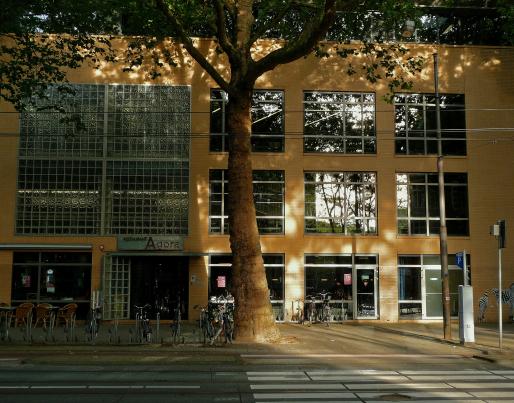
Sustainability as a cornerstone of urban development

Sustainability as a cornerstone of urban development
The construction of tomorrow demands a paradigm shift: sustainability, energy efficiency, and environmental stewardship are emerging as fundamental pillars. The German Institute for Construction Technology (DIBt) is leading this transformation through guidelines incorporating ecological, social, and economic considerations.
The German Institute for Construction Technology (DIBt) has published a strategic guide to steer the sector towards more sustainable building practices. Entitled 'Sustainable Building – Guidance for the Building and Construction Industry', the document declares that the built environment of the future must be climate-neutral, resource- and energy-efficient, environmentally responsible, and conducive to human health.
The guide addresses key areas such as legal requirements related to health, soil and water protection, energy efficiency, waste management, and radiation protection. It also promotes the integration of ecological, social, and cultural criteria from the earliest design stages, encouraging a shift in mindset among developers, designers, manufacturers, and regulatory authorities.
At the European level, this initiative aligns with the objectives of the European Green Deal and reinforces Germany’s commitment to the transition towards a circular and low-carbon economy. The DIBt guide acknowledges that, while national legislation does not yet include specific provisions on sustainability and circularity, numerous voluntary initiatives are paving the way. Among these, sectoral guidelines developed by industry associations stand out, offering practical tools for applying sustainability principles in real-world projects. This convergence of regulation, technical innovation, and sectoral collaboration positions Germany as a leading force in the structural transformation of the construction sector across Europe.

